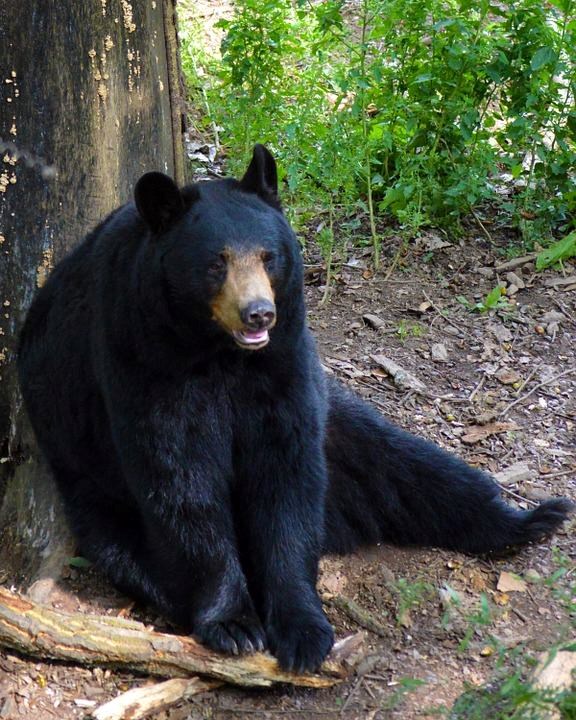"During this time of year, it is not unusual for bears to consume 20,000 calories per day," Ministry of Environment Wildlife Biologist Matthew Tokaruk said. "They may eat 20 to 30 pounds of berries per day, often increasing their body weight by 35 per cent through late summer and fall."
With bears focused on eating, they may not notice people in the area until they're close to them. If you encounter a bear, keep your distance and do not try to scare the animal away. Most often, they will move on without any intervention.
"Hyperphagia lasts well into the fall," Tokaruk explained. "As humans, we can reduce human-bear conflicts by being extremely careful around them. It is also important to take the necessary safety precautions in areas where bear encounters are more frequent."
Black bears are intelligent and ruled by their stomachs. If they cannot find food, they will leave the area. However, when bears start to associate food sources with humans, they become a public safety risk. Bears that have been fed by people lose their natural fear of humans and often have to be destroyed.
Never feed bears or leave food behind for them. New regulations introduced this spring make it illegal to feed bears, wolves, cougars and coyotes. Failure to manage food and garbage while camping may also result in fines.
This does not apply to the use of bait for licensed hunting or trapping purposes, conducting agricultural activities or operating licensed landfills.
If you have an encounter with an aggressive bear, and/or if public safety is at risk, call the Turn in Poachers and Polluters (TIPP) line at 1-800-667-7561 or #5555 from your SaskTel cell phone.
For public inquiries or to report concerns about nuisance bears, contact the Ministry of Environment's general inquiry line at 1-800-567-4224 or by email at [email protected].



